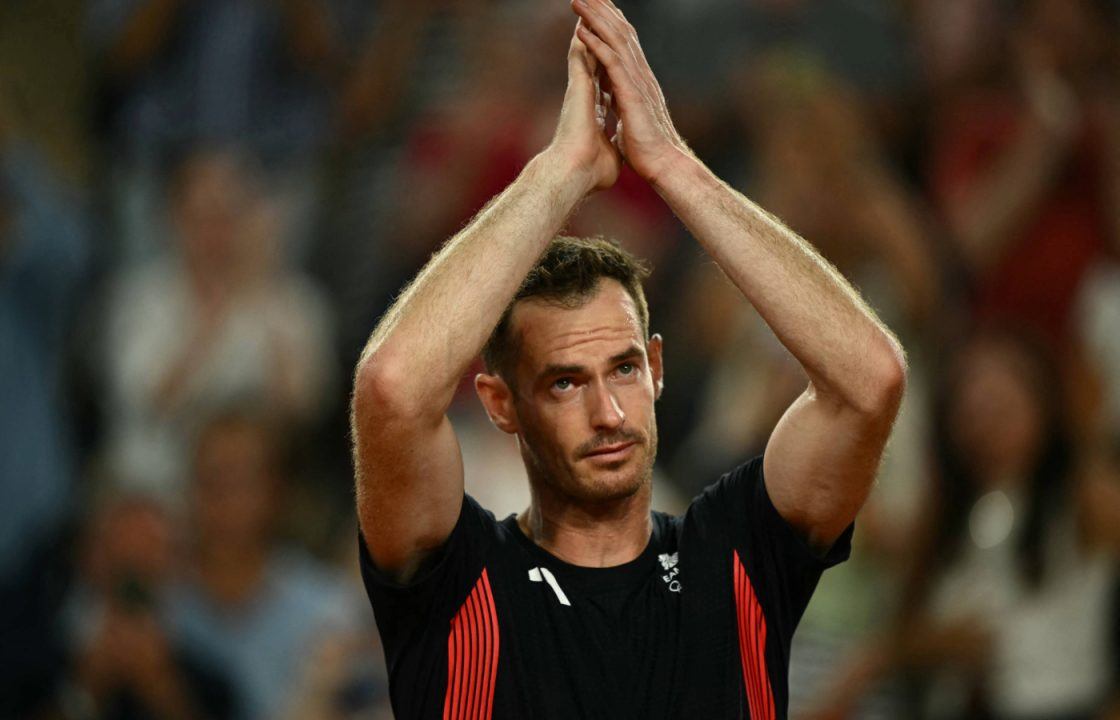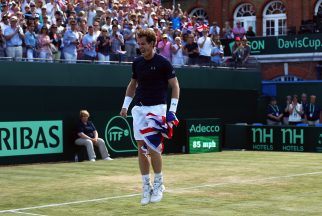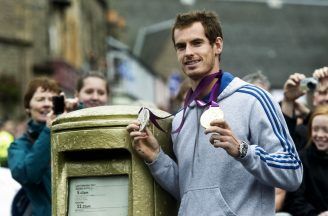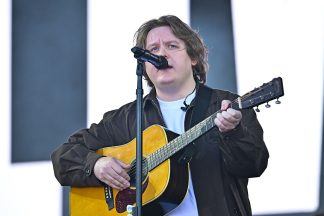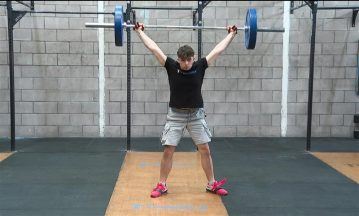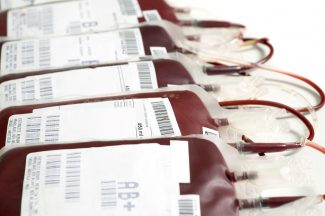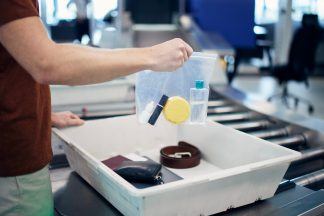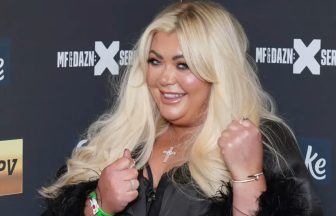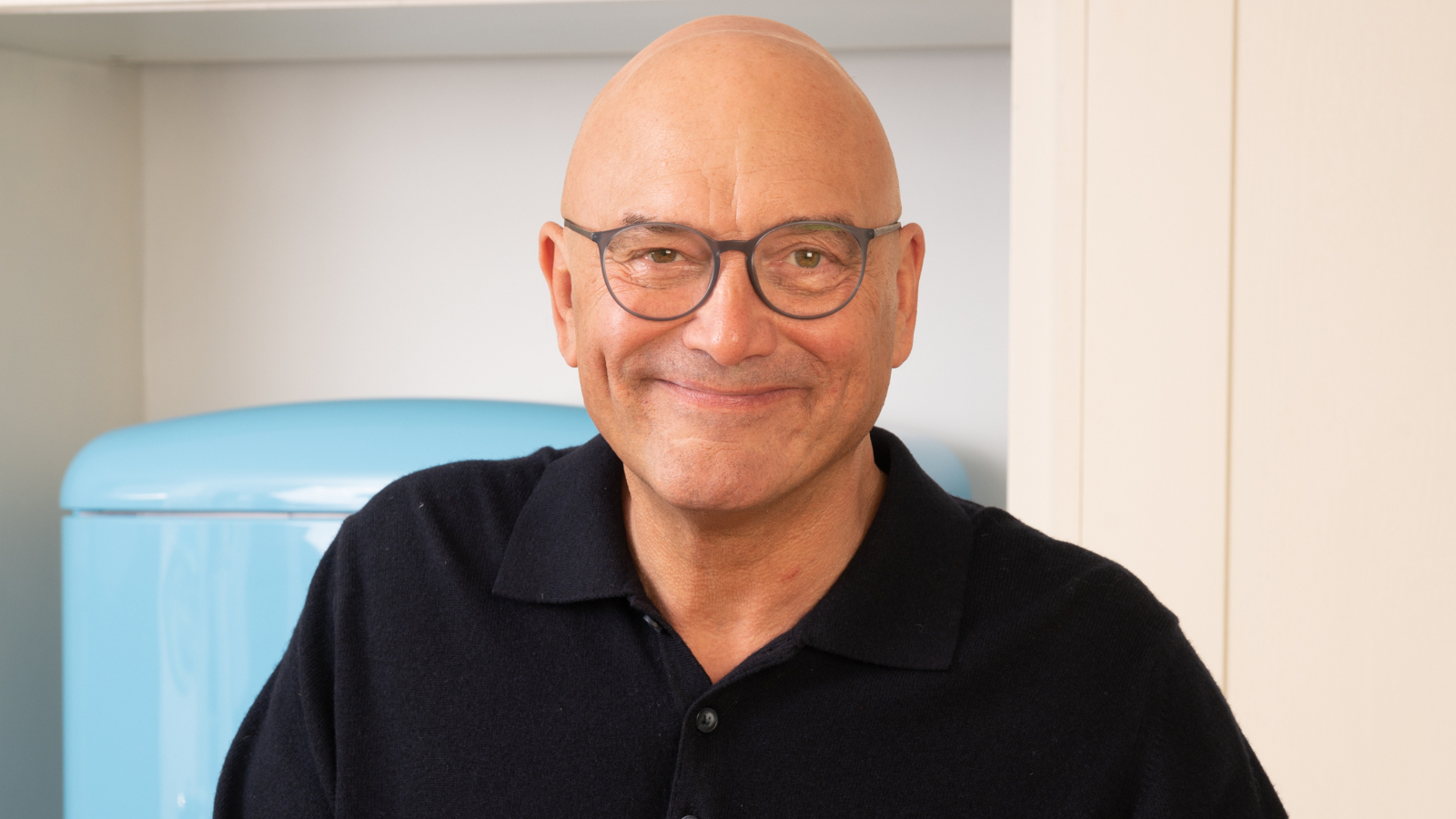Latest updates
-
 Andy Murray has said he is glad he could end ‘incredible’ career on his own terms
Andy Murray has said he is glad he could end ‘incredible’ career on his own terms -
 Scotland and Great Britain’s greatest ever tennis player Sir Andy Murray’s career has ended in defeat at the Olympics
Scotland and Great Britain’s greatest ever tennis player Sir Andy Murray’s career has ended in defeat at the Olympics -
 The two-time Olympic singles champion had confirmed before the games that Paris would be his final event
The two-time Olympic singles champion had confirmed before the games that Paris would be his final event -
 Murray and doubles partner Dan Evans lost 6-2 6-4 to American third seeds Taylor Fritz and Tommy Paul
Murray and doubles partner Dan Evans lost 6-2 6-4 to American third seeds Taylor Fritz and Tommy Paul -
 ‘Never even liked tennis anyway’: Murray responds to result with wry quip
‘Never even liked tennis anyway’: Murray responds to result with wry quip -
 Judy Murray believes her son could take up coaching role
Judy Murray believes her son could take up coaching role -
 Prime Minister Keir Starmer thanked Murray for ‘two decades of phenomenal entertainment and sportsmanship’
Prime Minister Keir Starmer thanked Murray for ‘two decades of phenomenal entertainment and sportsmanship’ -
 Scotland’s First Minister John Swinney said the country ‘could not be more proud of you and all you have given us’
Scotland’s First Minister John Swinney said the country ‘could not be more proud of you and all you have given us’ -
 Centre court at Queen’s to be renamed The Andy Murray Arena
Centre court at Queen’s to be renamed The Andy Murray Arena
The hallowed red clay of Roland-Garros. The Olympic rings adorning the sparkling Eiffel Tower in the City of Light.
As career departures go, there can’t be many better backdrops to mark the end of Andy Murray’s illustrious career – a rollercoaster adventure that had his loyal supporters watching in awe and disbelief at the titanic encounters unfolding before them.
Despite a metal hip and a spinal cyst, there was still time for a few more of those epic tussles at the Paris 2024 Olympics.
Murray and his doubles partner Dan Evans saved five match points against the Japanese duo of Taro Daniel and Kei Nishikori, and two match points against the Belgians Sander Gille and Joran Vliegen to reach the quarter-finals.
Those who have followed Murray’s career closely over the years were not surprised at the never-say-die attitude and the gritty comebacks on display in the French capital.
Murray epitomises the cherished values taught to schoolchildren across the land – ambition, resilience and commitment – and married it with a work ethic and self-belief that saw him not only compete, but win, in arguably the sport’s greatest ever era.
Those attributes were on display to the very end in Thursday night’s match against the American duo of Taylor Fritz and Tommy Paul – but this time there was no fairytale ending as Team GB’s quest for glory came to an end.
Murray looked emotional as he departed Court Suzanne Lenglen and waved to the stands for one last time – his legacy secured long ago thanks to three grand slam titles and two Olympic gold medals.
Furthermore, Murray’s accomplishments came in a world where Roger Federer, Rafael Nadal and Novak Djokovic were competing for the top prizes.
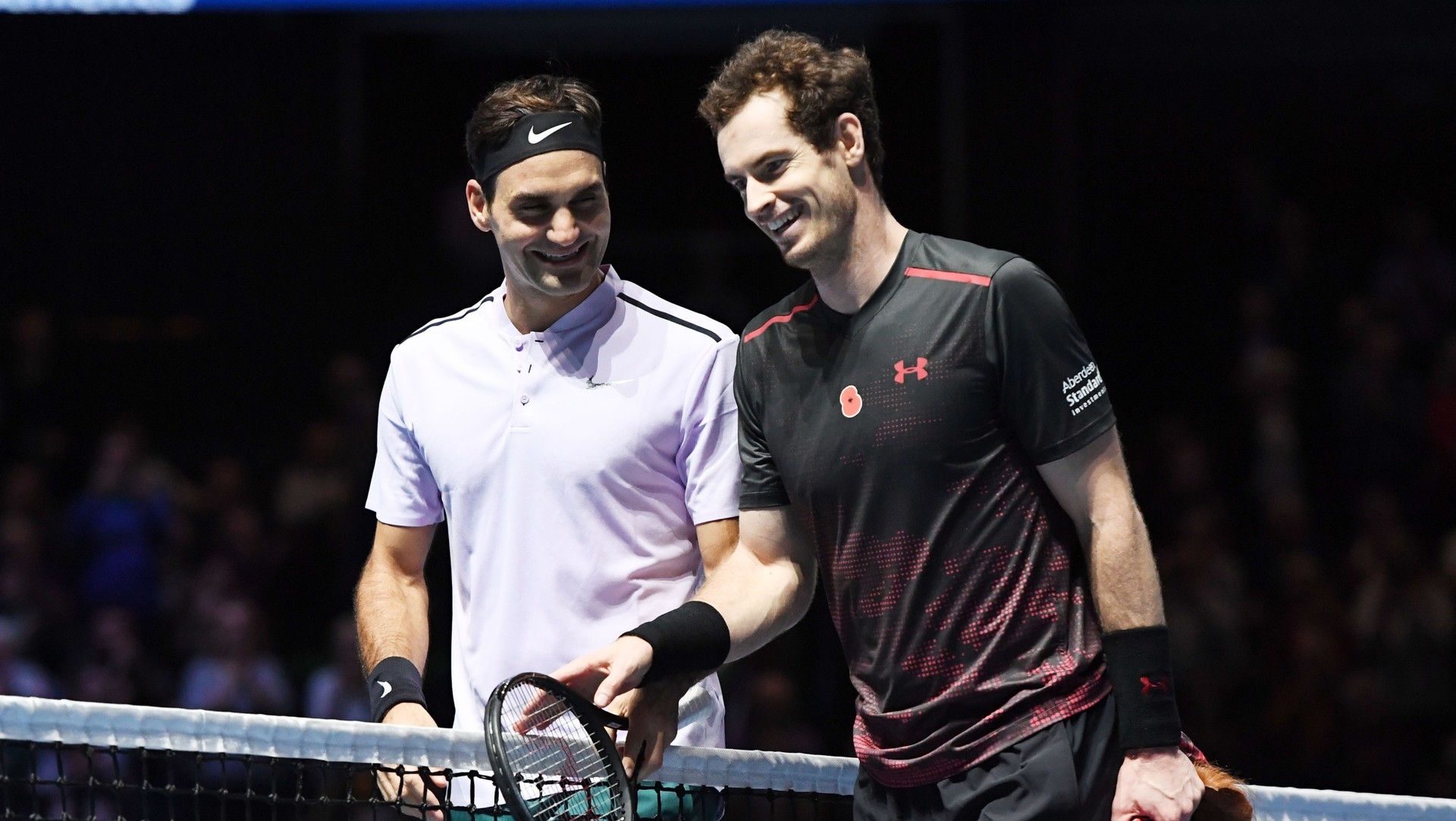 SNS Group
SNS GroupThose names will be uttered for decades to come in the pantheons of tennis greats – and Murray earned his right to join them. He was world number one for 41 consecutive weeks while competing in arguably tennis’ greatest era.
Writing on social media, Murray responded to the loss with his typical wry humour.
“Never even liked tennis anyway”, he posted, changing his bio on the social media site X to “I played tennis”.
“I feel good,” said Murray shortly afterwards as lightning lit up Roland Garros. “I’m obviously disappointed with the result tonight and the performance really.
“I’m happy. It’s been a good run here, brilliant final tournament. Obviously it’s not the perfect ending, it would’ve been amazing to have won a medal and we gave it a good go. But I feel good.
“I knew that moment was coming for the last few months. And, if it didn’t happen today, that was going to be in a couple of days’ time and I was ready for it. Obviously it was emotional because it’s the last time I will play a competitive match.
“I’m glad I got to go out here at the Olympics and finish on my terms because at times in the last few years that wasn’t a certainty. And even a few months ago, I was told when I first went to have my scan on my back that I wouldn’t be playing at the Olympics and I wouldn’t be playing at Wimbledon.
“So I feel also lucky that I got that opportunity to play here and have some great matches, create amazing memories.”
His mum Judy spoke exclusively to STV News ahead of the match.
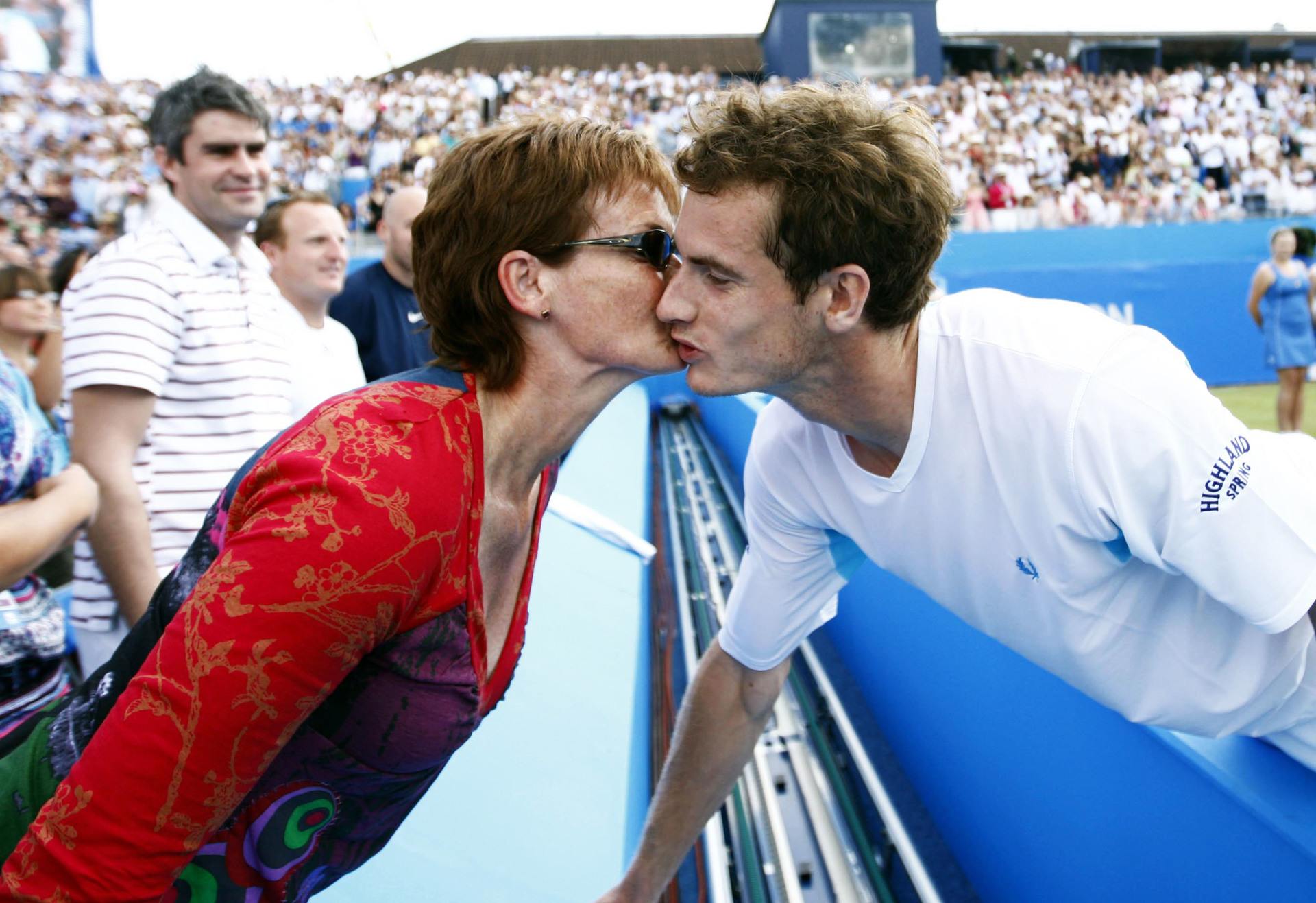 SNS Group
SNS GroupShe believes the former world number one could take up coaching following his retirement from tennis.
“I think he will take a little bit of time to get used to being off the tour and spend time with his family of course, and I could see him getting involved in coaching capacity with some of the younger British and Scottish players for sure,” she said.
Prime Minister Keir Starmer thanked Murray for “two decades of phenomenal entertainment and sportsmanship”.
“A true British great,” Sir Keir said.
Scotland’s First Minister John Swinney thanked the 37-year-old for how he had “inspired us all”.
“Scotland could not be more proud of you and all you have given us,” he said.
The LTA announced that centre court at Queen’s will be renamed in his honour as The Andy Murray Arena.
Early career
Murray was earmarked from an early age as a player of prodigious potential.
A talented all-round sportsman, teenage Murray turned down the chance to pursue football and instead enrolled at the Sánchez-Casal Academy in Barcelona to further his tennis dream.
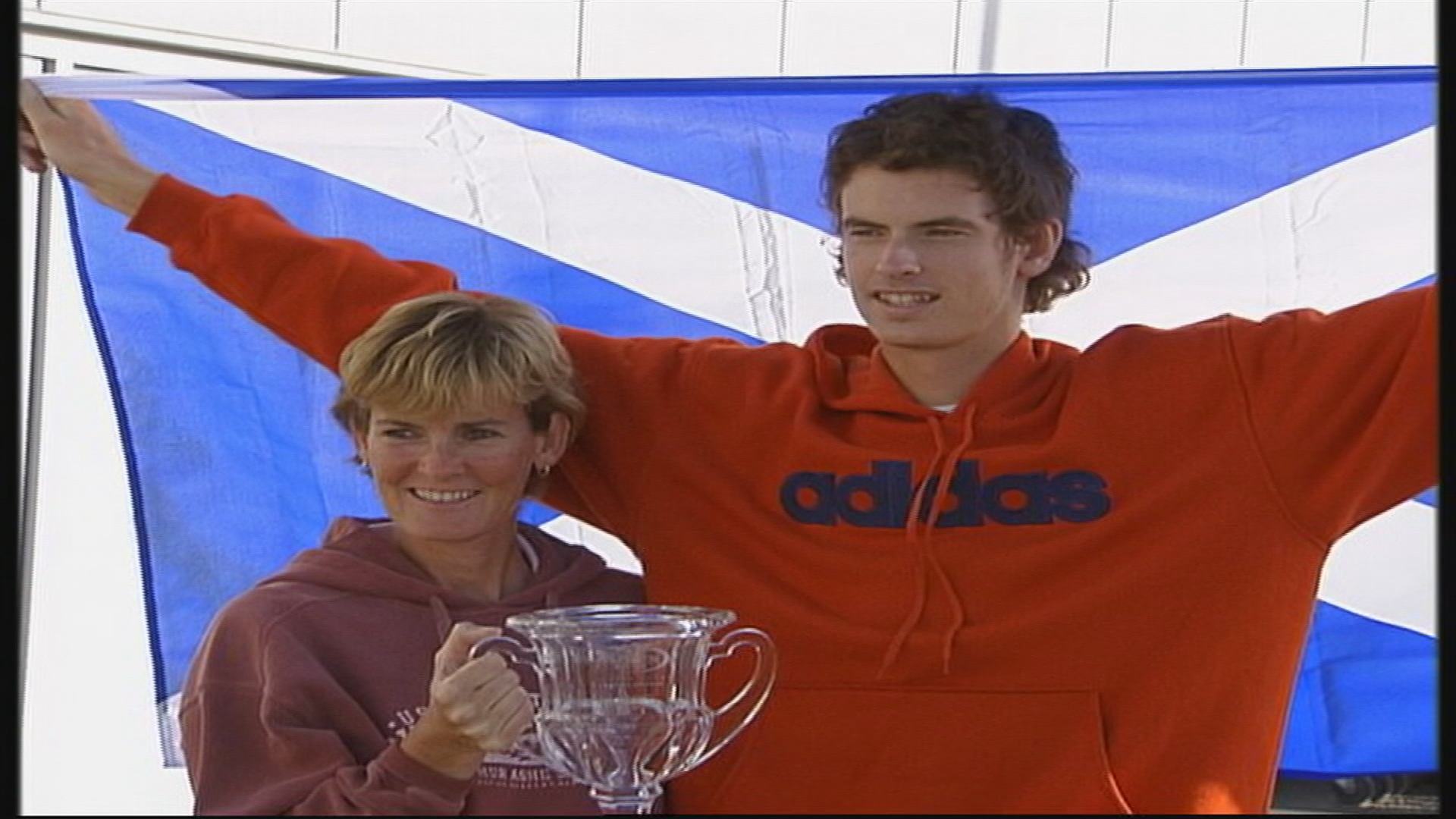
Two years later he won the junior US Open before quickly turning professional and ascending the tennis ladder.
By 2006 he was British number one, and within 12 months he broke into the world top ten rankings. Murray earned his first Grand Slam final appearance in 2008, losing in straight sets to Federer.
But belief was growing that he could be the one to finally capture a men’s Wimbledon title, even if the crowds at SW19 were taking their time to warm to him
Despite Wimbledon heartbreak again at the hands of Federer, 2012 proved to be his breakthrough year at the very top of the sport.
Murray returned to Centre Court and won Olympic gold against Federer before claiming his first Grand Slam title in New York.
The boy from Dunblane was now ready to take his place in history.
Wimbledon glory
The pressure on Murray to end a decades-long wait for a British winner at Wimbledon was immense and all consuming.
Few will forget that sultry, scorching July afternoon in 2013 when he defeated Djokovic in straight sets to become the first Brit to win a grand slam title since Fred Perry’s success at SW19 in 1936.
It was the pinnacle of a stunning career, the fulfilment of a sporting destiny and the culmination of a life of dedication to the sport.
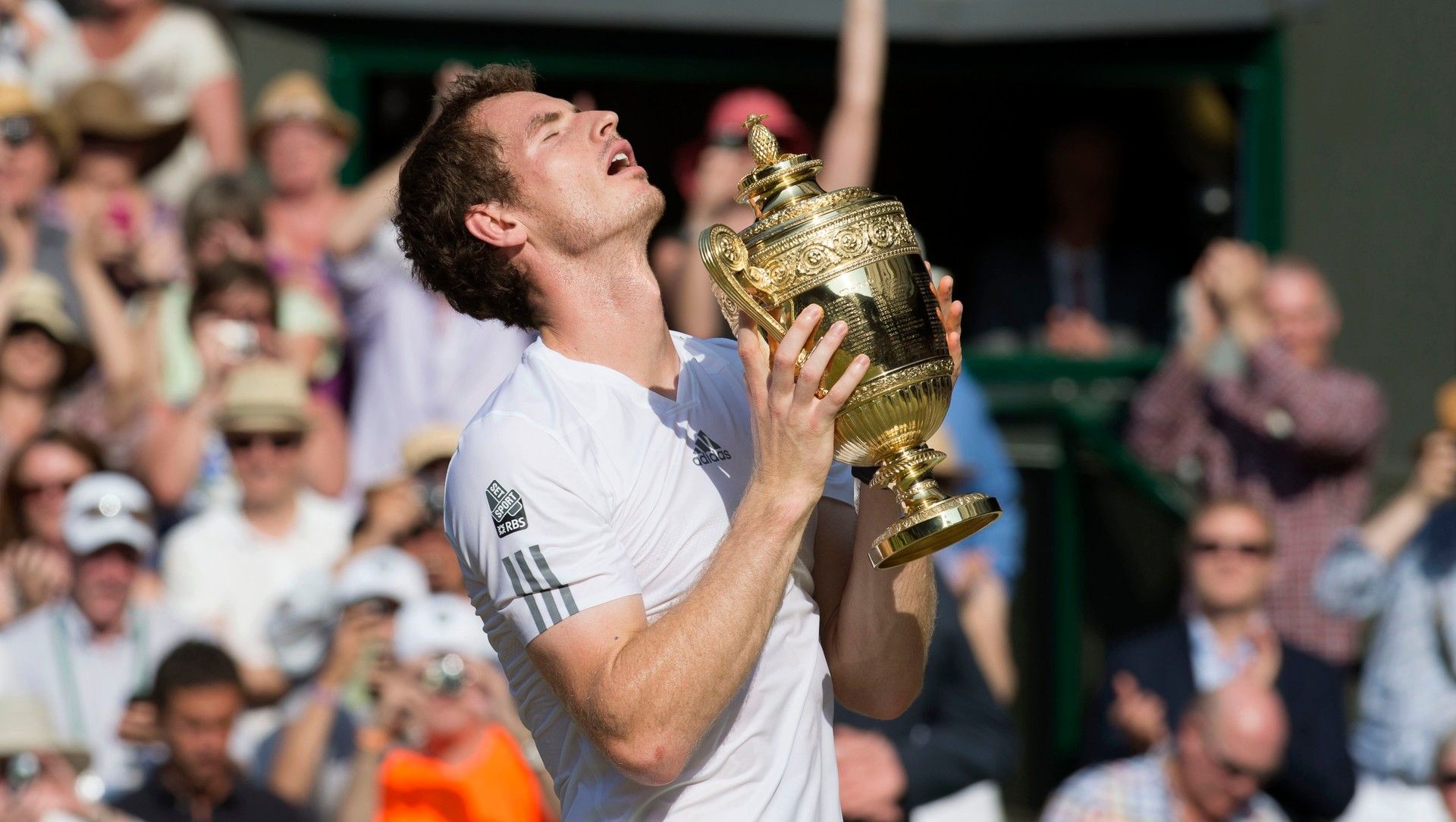 SNS Group
SNS GroupGlobal superstar
Murray was granted the freedom of Stirling in 2014 following his Wimbledon success and he showed that global stardom would never dim his love for home.
In his quest for further greatness he raised eyebrows by hiring Amelie Mauresmo – making her the first woman in history to coach an elite men’s player.
There was much he still craved to achieve.
Off the court he married his long-term girlfriend Kim Sears in Dunblane in April 2015.
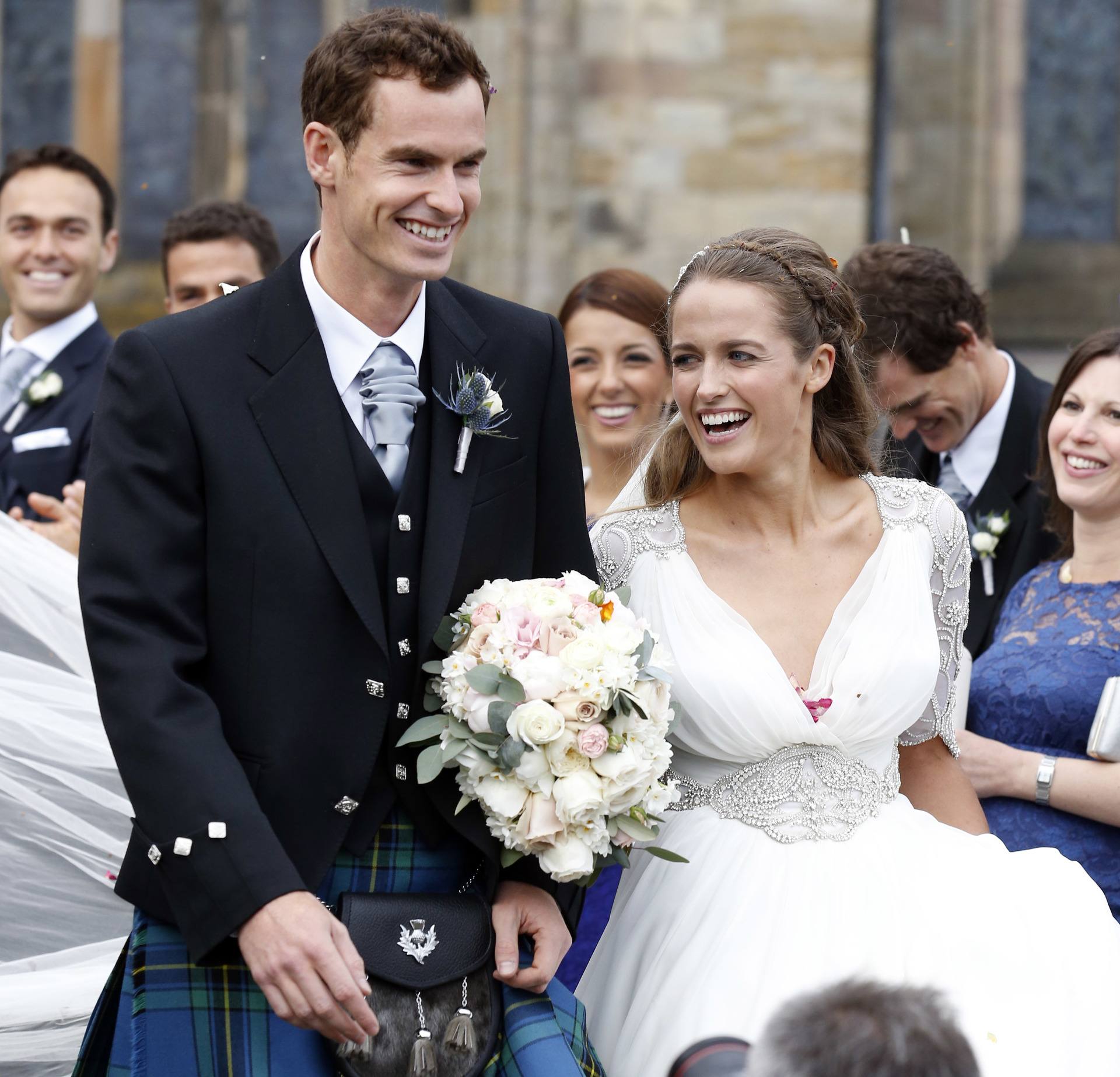 Alex B. Huckle / Stringer via Getty Images
Alex B. Huckle / Stringer via Getty ImagesMonths later he won Wimbledon again, defeating Canadian Milos Raonic in the final.
Sandwiched between his Wimbledon triumphs, Murray produced arguably the most impressive individual Davis Cup performance of all time in November 2015, carrying Britain to the most unlikely of triumphs.
Murray finally became the number one player in the world in late 2016, just months after winning a second consecutive Olympic gold medal at the Rio Olympic Games where he was also Team GB flag carrier.
He was a finalist at all four grand slams, reaching 11 finals in all, and his failure to win the Australian Open despite being one match away five times is an obvious frustration.
Injuries take their toll
Injuries were beginning to cast a long shadow over Murray’s game, while surgery on his back and hip took its toll on his body.
At the 2019 Australian Open, it looked like Murray had reached the end of the road.
But the man who thrilled fans with his never-say-die attitude refused to yield to his failing body. A procedure to resurface his hip with metal caps was a success and he declared himself ready to resume his glittering career.
The surgery bought Murray another five years on the court but he would never again threaten to win another major title.
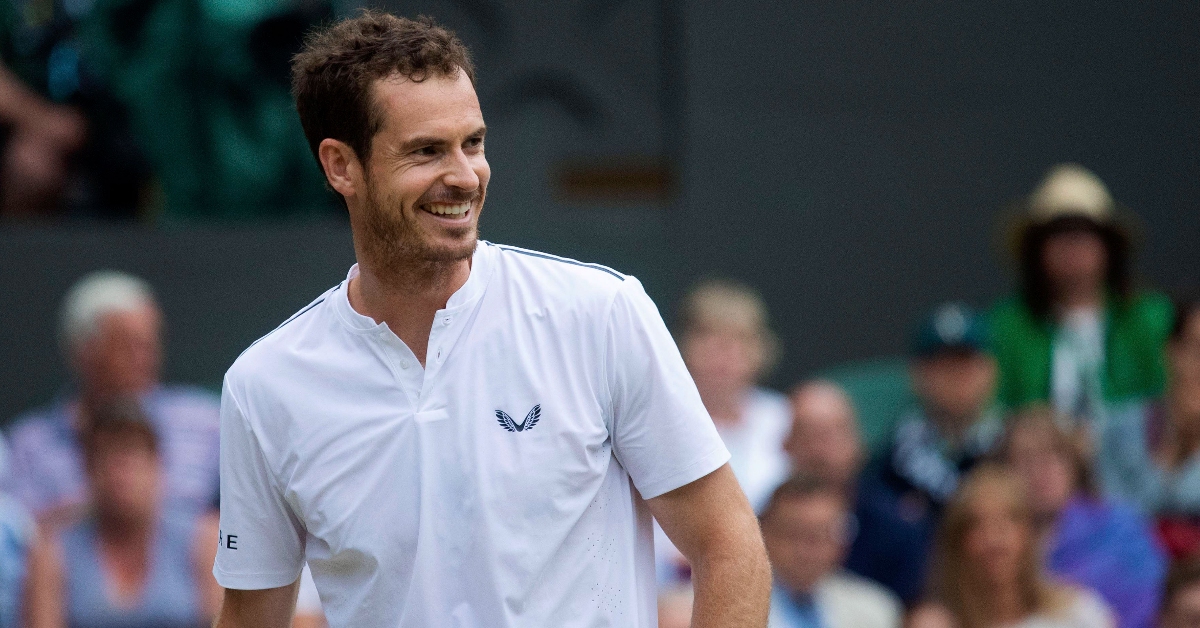 SNS Group
SNS GroupThis was assumed to be his swansong year even before ruptured ankle ligaments put his Wimbledon appearance in doubt.
But Murray did take an emotional final bow at Wimbledon before confirming that the Paris Olympic Games would be his last time competing on the world stage.
He departs tennis entwined in the history of the sport. One of the big four in the greatest era for the men’s game. Three grand slams and twice Olympic champion among his 49 career titles.
And his legacy will be felt for decades to come.
Follow STV News on WhatsApp
Scan the QR code on your mobile device for all the latest news from around the country


